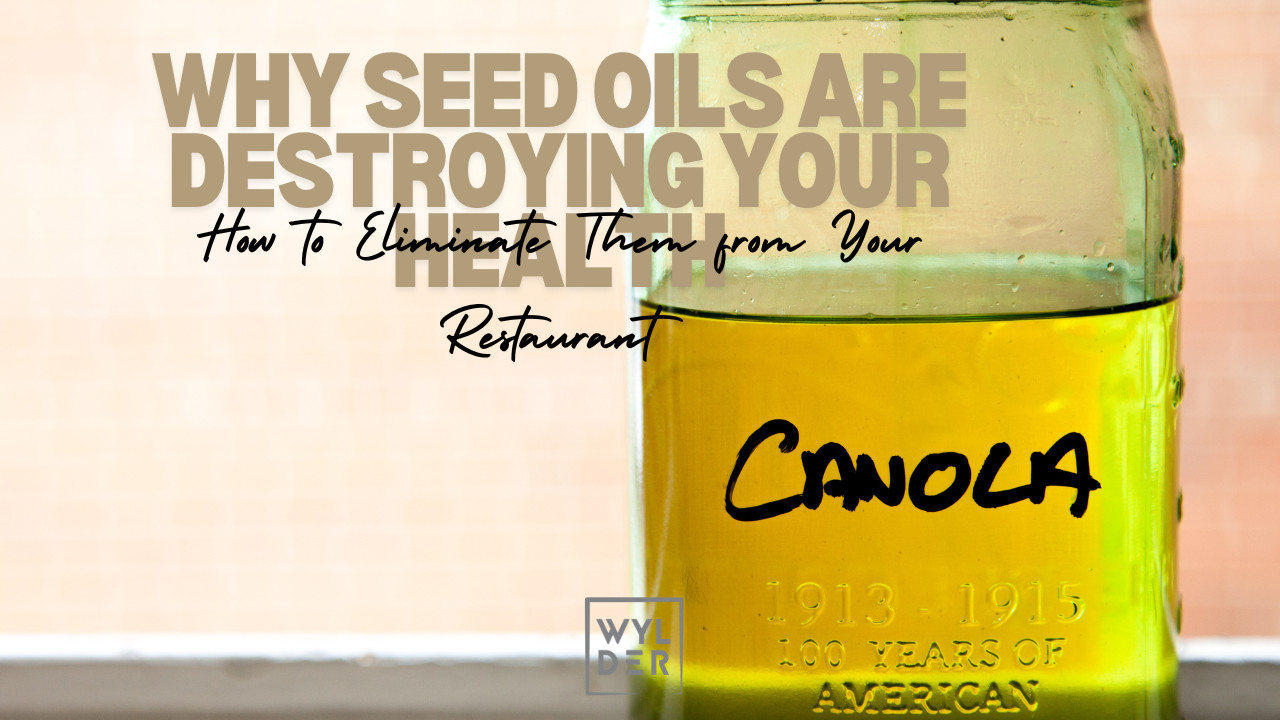
Why seed oils are destroying your health and how to eliminate them from your kitchen
In the world of commercial kitchens, seed oils have become a staple due to their low cost and availability. However, these oils are not as harmless as they seem. Health-conscious chefs and businesses need to rethink their use due to potential health risks. This article will guide you through the dangers of seed oils and offer practical steps to eliminate them from your kitchen.
The Dangers of Seed Oils
Understanding Common Seed Oils
Seed oils, such as canola, soybean, corn, and sunflower oils, are prevalent in many commercial kitchens. They are often chosen for their affordability and neutral flavors. However, it's important to understand how these oils are produced. Typically, they undergo high-heat extraction and are treated with chemical solvents. This process not only strips away nutrients but also produces harmful compounds.
Why Seed Oils Can Harm Your Health
One of the main concerns with seed oils is their tendency to oxidize, especially when heated. Oxidation leads to the formation of free radicals, which can cause inflammation in the body. Chronic inflammation is a known contributor to several diseases, including heart disease, obesity, diabetes, and even cancer. The link between seed oils and inflammation is becoming more recognized, prompting many to ask, "Are seed oils bad for you?"
The Omega-6 vs Omega-3 Imbalance
Seed oils are high in omega-6 fatty acids, which, although essential, are often consumed in excess. This leads to an imbalance with omega-3 fatty acids, which are crucial for reducing inflammation. Most diets today are skewed heavily towards omega-6 due to the prevalence of seed oils in processed foods. This imbalance can exacerbate health issues, making it vital to consider "seed oils to avoid" in your kitchen.
Steps to Eliminate Seed Oils from Your Kitchen
Assess Your Ingredients
Start by taking a close look at your existing ingredients. Seed oils are often hidden in dressings, sauces, and pre-packaged foods. Check labels carefully and identify where these oils are used in your current menu offerings. Awareness is the first step towards making healthier changes.
Choose Healthier Alternatives
Replacing seed oils with healthier options is crucial. Consider using olive oil, which is rich in antioxidants, or coconut oil for its stability at high temperatures. Avocado oil is another excellent choice, offering a good balance of monounsaturated fats. Grass-fed butter is also a nutritious option that adds flavor without the risks associated with seed oils.
Train Your Team
Your kitchen staff plays a vital role in this transition. Educate them on the dangers of seed oils and the benefits of healthier alternatives. Use training sessions to demonstrate proper usage and storage of these new oils. Empower your team with knowledge so they can be part of the movement towards healthier cooking.
Communicate with Your Customers
Transparency is key to gaining customer trust. Inform your patrons about the switch to healthier oils through your marketing efforts and on your menu. Highlight the health benefits and your commitment to providing nutritious meals. This can be a strong selling point, especially as more diners search for "seed oil free restaurants."
Conclusion
Switching from seed oils to healthier alternatives offers numerous benefits. Not only can it reduce health risks for diners, but it also aligns your business with the growing demand for whole-food cooking. Chefs and restaurant owners who make this change are not just following a trend—they are leading a movement towards better health. If you're ready to take this step, start by assessing your kitchen and making informed choices for a healthier future. Remember, every small change contributes to a larger impact, both for your business and your customers' well-being.

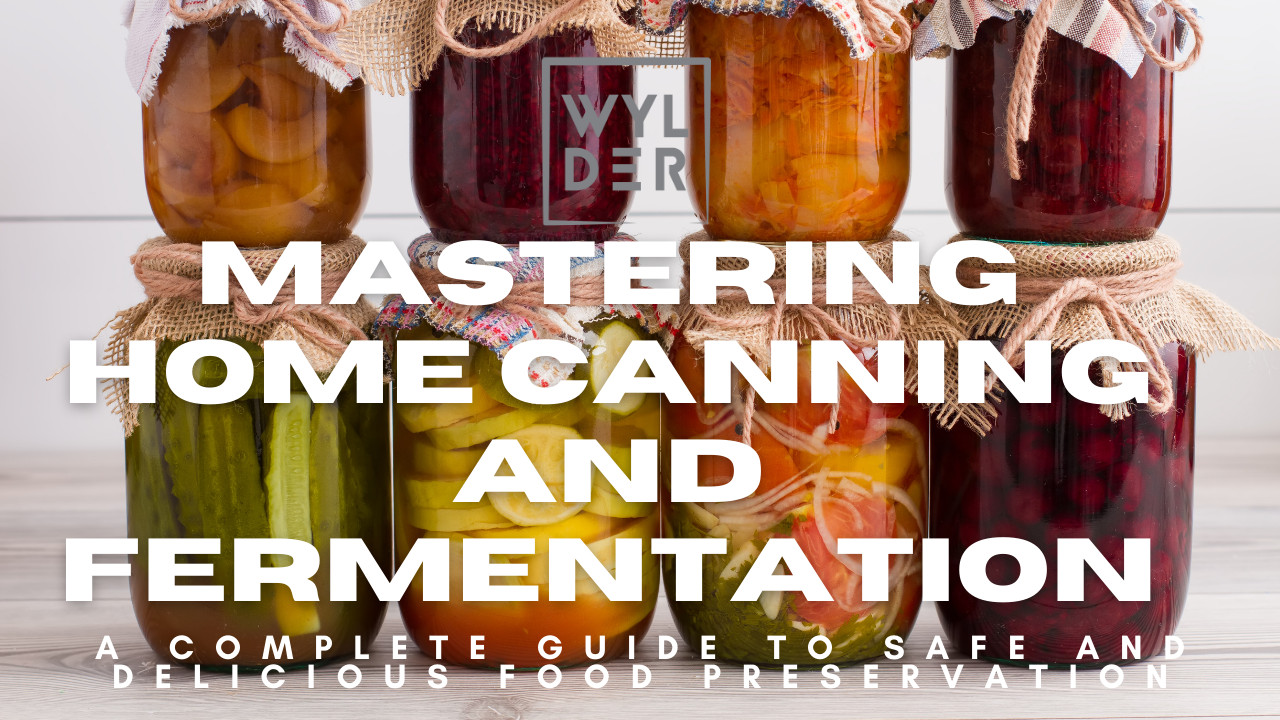








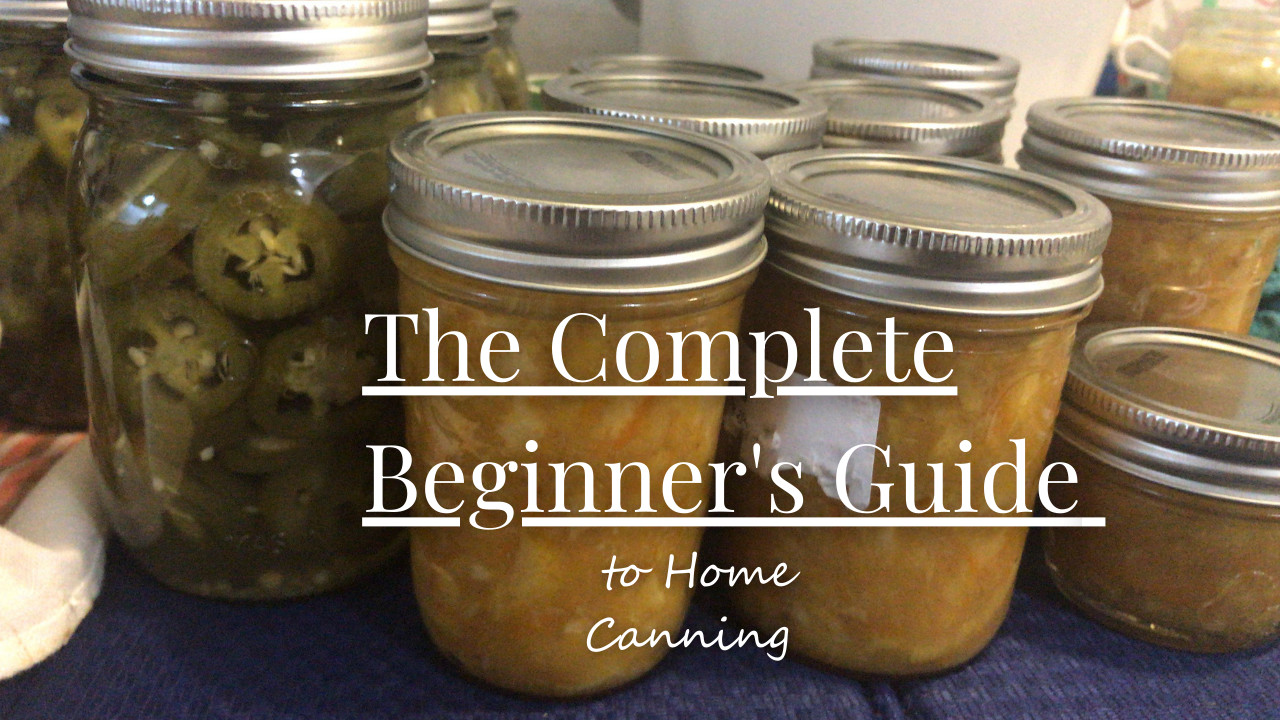
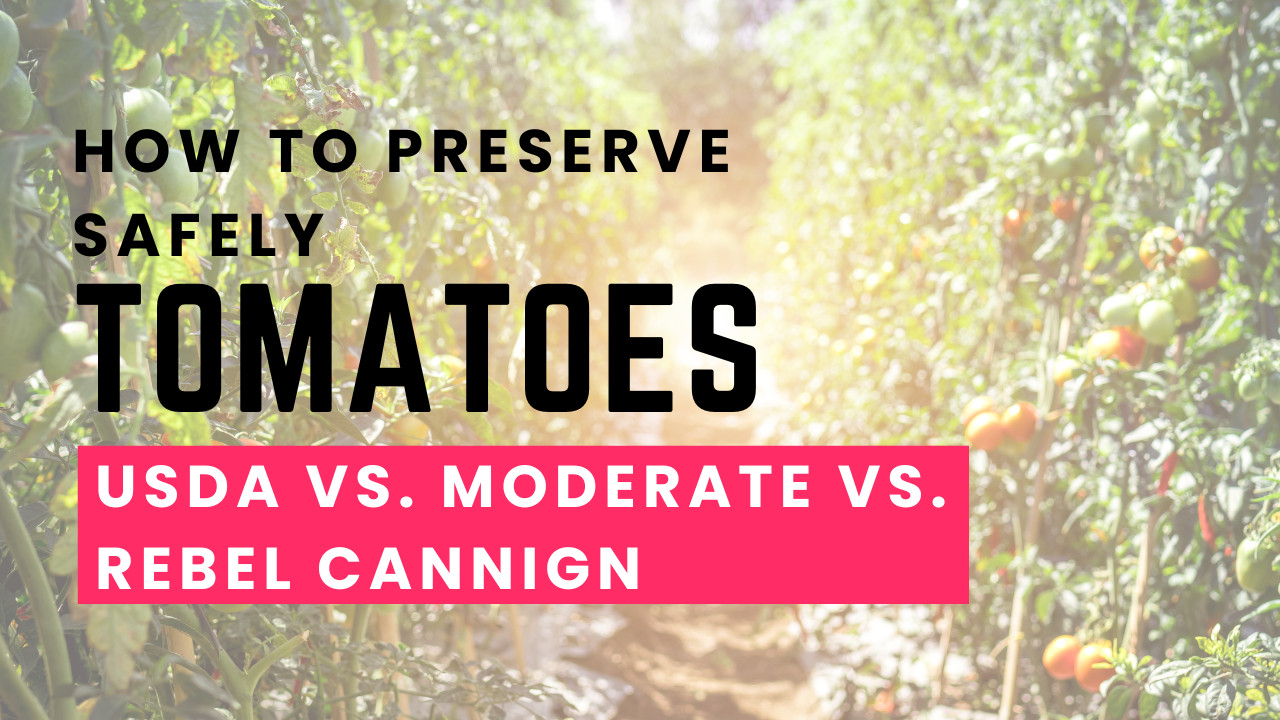
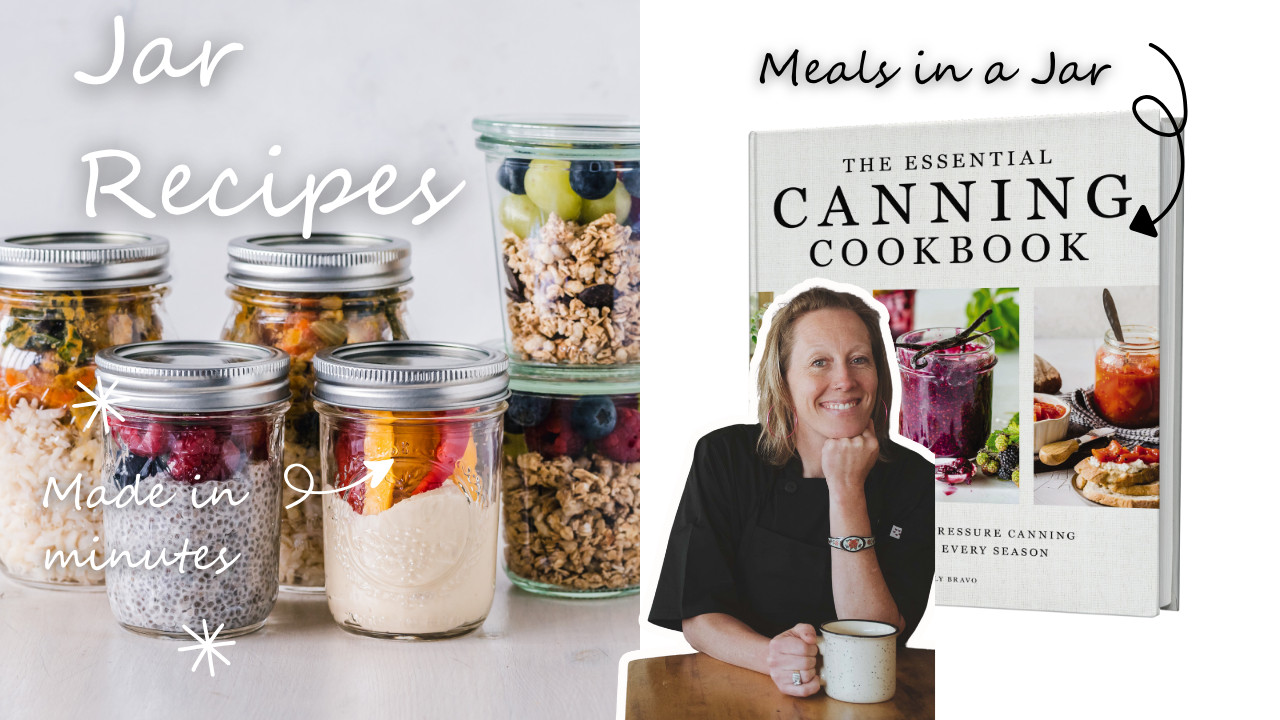
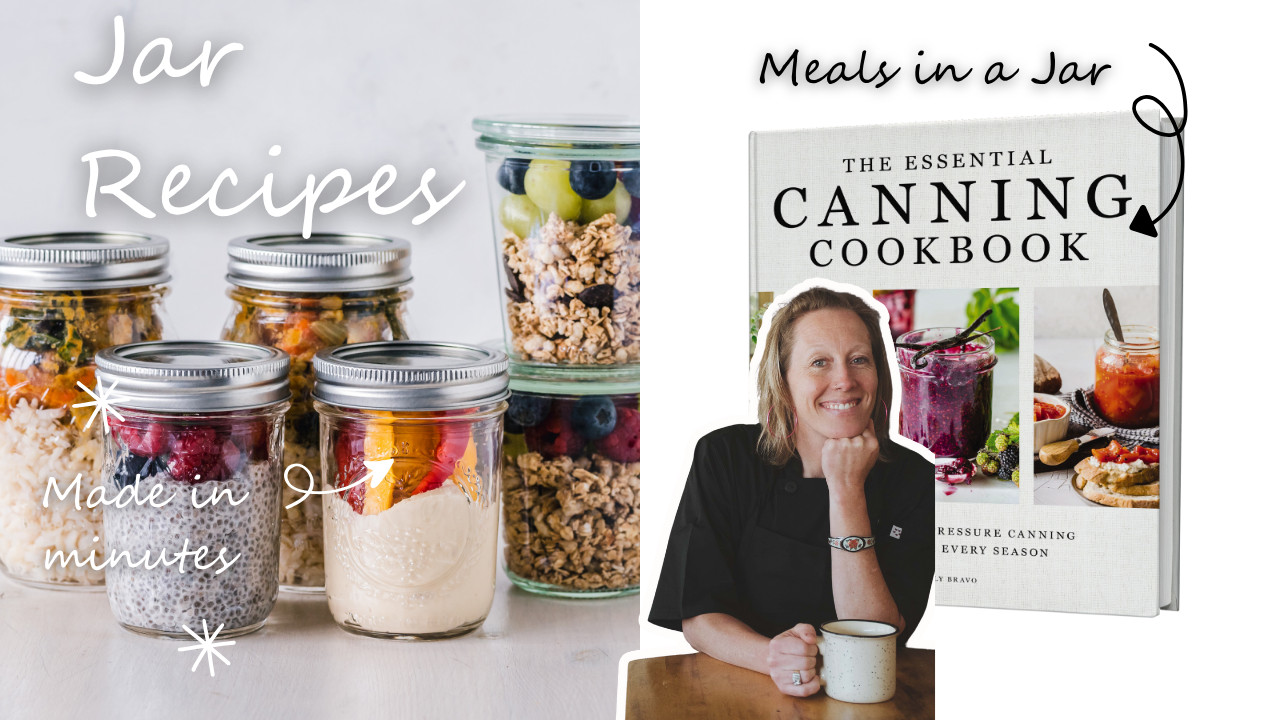

0 Comments